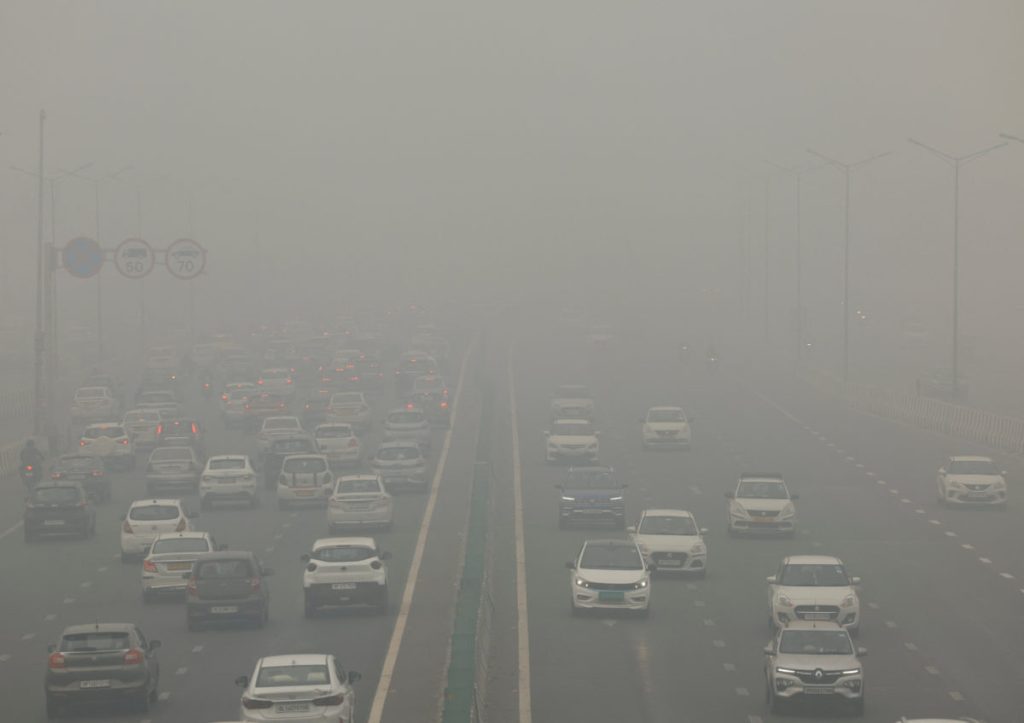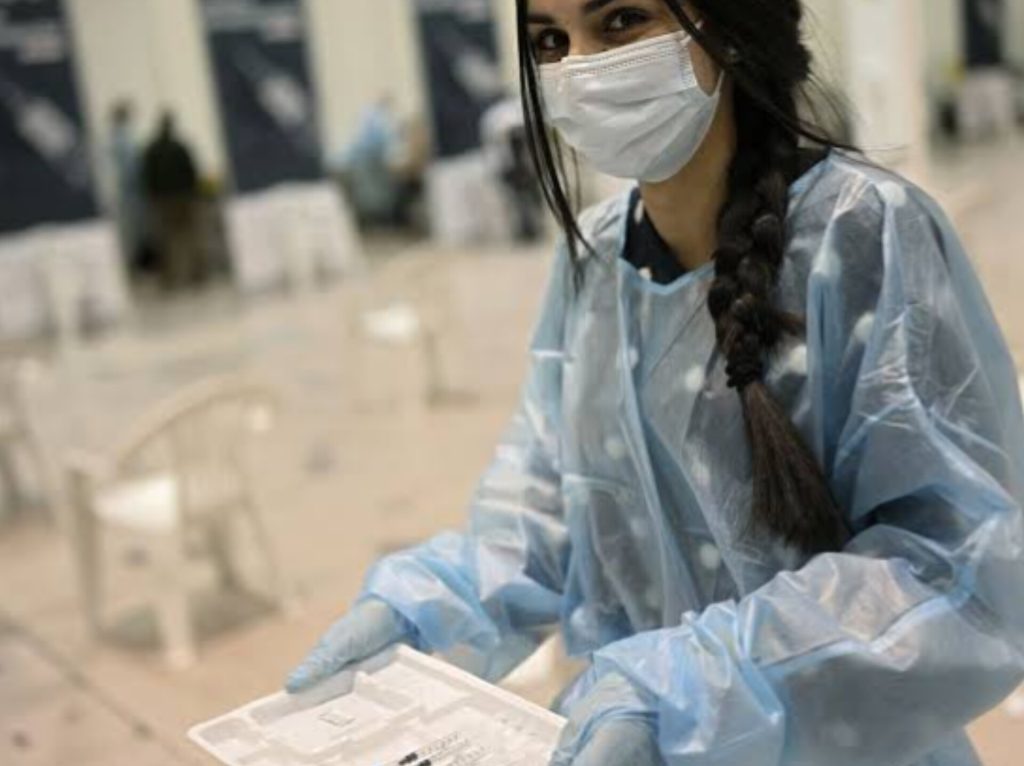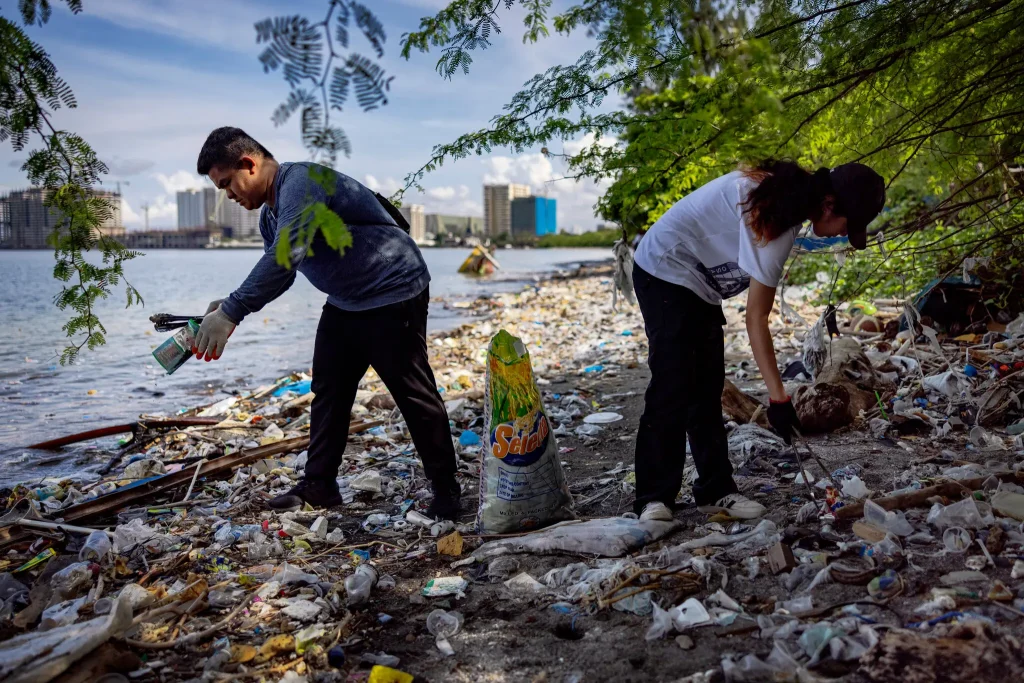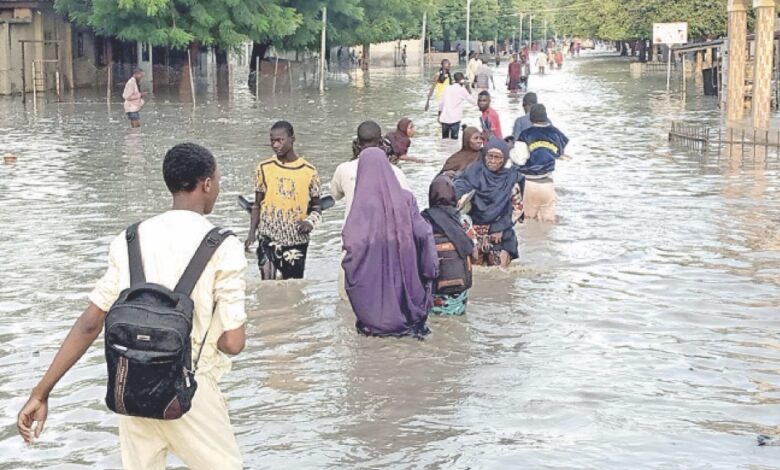Pollution from Ghana’s Gold Rush Sparks Maternal Health Fears

In Ghana, the gold rush has sparked maternal health fears due to pollution from small-scale mining. The World Health Organization has reported that mercury exposure poses a particular threat to the development of the child in utero and in early life.
In the town of Samreboi, locals have reported that the river, which was once clear, is now murky brown due to pollution from small-scale mining. Nursing mother Diana Agyeiwaa suspects that she may have been poisoned by the water and now fears for her life.
“I fear for my life,” she said. “I fear if I give that water to her, she will die.”
The Minerals Commission in Ghana has acknowledged the problem and is working on solutions, including providing alternative livelihoods and teaching safer mining practices. However, the demand for gold is matched by high levels of poverty, providing few incentives to stop miners from putting their lives and the lives of others at risk.
The use of mercury in gold mining is a significant concern. When mercury is used to extract gold, it can release toxic vapors that can be inhaled by miners and nearby communities. Exposure to mercury can cause serious health problems, including birth defects, neurological damage, and even death.
The impact of mercury pollution on maternal health is a particular concern. Exposure to mercury during pregnancy can increase the risk of miscarriage, stillbirth, and birth defects. It can also affect the development of the child’s brain and nervous system.
In Ghana, the lack of regulation and oversight of the small-scale mining industry has contributed to the problem. Many small-scale miners operate outside of the law, using mercury and other toxic substances to extract gold.
The Ghanaian government has introduced measures to regulate the industry, including the issuance of licenses and the establishment of a task force to monitor and enforce regulations. However, the measures have been criticized for being inadequate, and many small-scale miners continue to operate outside of the law.
The situation in Ghana highlights the need for effective regulation and oversight of the small-scale mining industry. The government must work to address the environmental and health concerns associated with small-scale mining, while also ensuring that the industry is operated in a responsible and sustainable manner.
The international community must also play a role in supporting Ghana’s efforts to regulate the small-scale mining industry. This can include providing technical assistance, funding, and expertise to help the government develop and implement effective regulations.
In conclusion, the pollution from Ghana’s gold rush has sparked maternal health fears due to the use of mercury in small-scale mining. The Ghanaian government and the international community must work together to address the environmental and health concerns associated with small-scale mining and ensure that the industry is operated in a responsible and sustainable manner.






